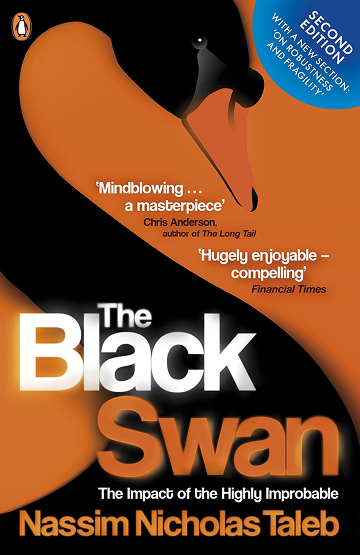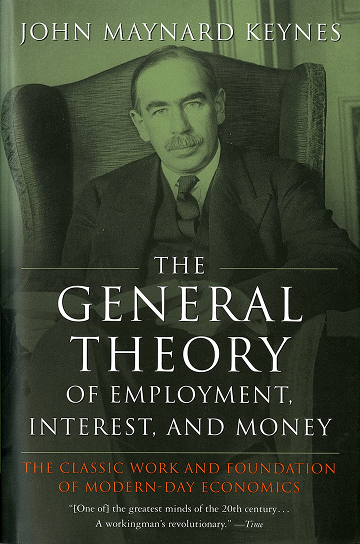
David Rubenstein Biography, Career, Net Worth, and Key Insight



David Rubenstein’s Profile Summary
|
Company
|
The Carlyle Group |
|---|---|
|
Position
|
Co-Founder and Non-Executive Co-Chairman of The Carlyle Group. |
|
Source of wealth
|
Management and performance fees from The Carlyle Group's investment strategies, co-founding equity in Carlyle, dividends from personal investments in various sectors. |
|
Also known as
|
Philanthropist, Author, Television Host. |
|
Age
|
75 |
|
Education
|
Duke University – Bachelor of Arts, University of Chicago Law School – Juris Doctor. |
|
Citizenship
|
United States |
|
Residence
|
Washington, D.C., USA |
|
Family
|
David Rubenstein has three children and was previously married to Alice Rogoff, a former publisher and businesswoman. |
|
Website, Social Media
|
https://www.carlyle.com/ |
David Rubenstein’s biography
David M. Rubenstein was born on August 11, 1949, in Baltimore, Maryland. He earned his undergraduate degree from Duke University in 1970 and later obtained his law degree from the University of Chicago Law School in 1973. Rubenstein initially worked in government, including serving as a domestic policy advisor during the Carter administration. In 1987, he co-founded The Carlyle Group, a global private equity firm, alongside William Conway and Daniel D'Aniello. Under his leadership, Carlyle grew into one of the world’s largest investment firms, with investments across various sectors including aerospace, healthcare, and technology. Rubenstein is also a prominent philanthropist and advocate for "patriotic philanthropy," having donated substantial sums to cultural and educational institutions. He is known for his role as a public speaker and author, with significant involvement in interviews and discussions on leadership and investing. Rubenstein's interests span from business to public service, and he has chaired or served on several influential boards, including those of the Kennedy Center and the Smithsonian Institution. He remains a significant figure in finance and philanthropy globally.-
How did David Rubenstein make money?
David Rubenstein makes money in the following areas:
Management and performance fees from The Carlyle Group's investment strategies, co-founding equity in Carlyle, dividends from personal investments in various sectors.
-
What is David Rubenstein net worth?
As of 2025, David Rubenstein’s net worth is estimated to be $3.9 B.
What is David Rubenstein also known as?
David Rubenstein is widely recognized for his philanthropic efforts, particularly in "patriotic philanthropy," where he has donated to historical and cultural institutions such as the National Archives and the Smithsonian. Additionally, he is the author of books on leadership and finance, and he is a television host of "The David Rubenstein Show: Peer-to-Peer Conversations," where he interviews prominent leaders and discusses key global issues. His influence extends beyond finance into public education and historical preservation.Prominent achievements of David Rubenstein
Co-founder of The Carlyle Group, Rubenstein has been recognized for his philanthropic contributions to cultural institutions, served as Chairman of the Kennedy Center and the Smithsonian Institution, hosted "The David Rubenstein Show" on Bloomberg TV, awarded the Carnegie Medal of Philanthropy, named among the top 100 most influential people by Time magazine, and made significant charitable donations to U.S. historical preservation.What are David Rubenstein’s key insights?
David Rubenstein’s business philosophy emphasizes the importance of patience, long-term investments, and creating value through careful management and innovation. He believes in giving back through philanthropy, especially to causes that preserve history and culture. Rubenstein is also an advocate of curiosity and continuous learning, often encouraging others to seek knowledge and improve their leadership abilities.
David Rubenstein’s personal life
David Rubenstein’s family includes his three adult children: Gabrielle, Alexandra, and Andrew Rubenstein. He was married to Alice Rogoff, who was a co-founder of Arctic Now and the former publisher of the Alaska Dispatch News. The couple divorced in 2017 after more than three decades of marriage.
Useful insights
Understanding market forces
In my experience, to truly succeed as an investor, it’s essential to understand the driving forces behind market behavior. Market movements aren’t random—they’re influenced by a range of economic theories and dynamics. The following books provide valuable insights into these forces, offering a deeper understanding of how global financial markets operate and what shapes their trends.
-
Nassim Nicholas Taleb – "The Black Swan"

-
Summary:
Taleb explores the concept of rare, unpredictable events—so-called "Black Swans"—that can have massive impacts on markets and society. These events are often overlooked by traditional risk management models, leading to devastating consequences when they occur. Taleb illustrates how these unpredictable shocks shape our world, often more than gradual, expected changes.
-
Why read it:
This book challenges conventional thinking about risk and uncertainty, showing that many major historical and financial events were "Black Swans." It's a vital read for investors who want to build resilience in the face of market volatility.
-
-
John Maynard Keynes – "The General Theory of Employment, Interest, and Money"

-
Summary:
Keynes revolutionized economics by focusing on total demand within an economy and its effect on output and inflation. His theory suggested that government intervention could stabilize economic cycles through fiscal and monetary policy. The book also explains the consequences of under-consumption and the role of interest rates in managing economic stability.
-
Why read it:
For investors interested in macroeconomic trends and policy impacts, Keynes’ work is essential. Understanding the Keynesian framework can help investors predict how government actions might influence market performance.
-
Other profiles in category
Popular Financial Guides
Latest Financial News

South Africa unveils digital visas to attract film and events

South Africa invests R710 million to expand free Internet access































































































































